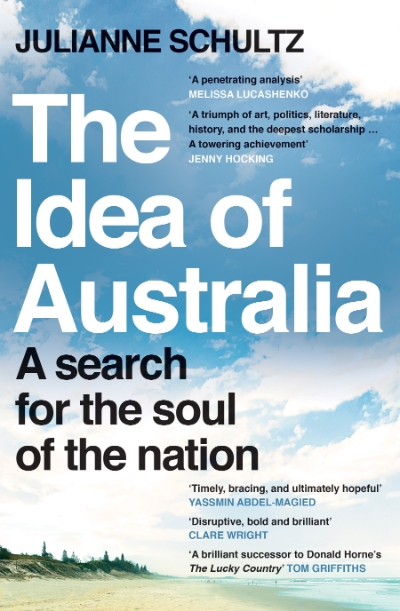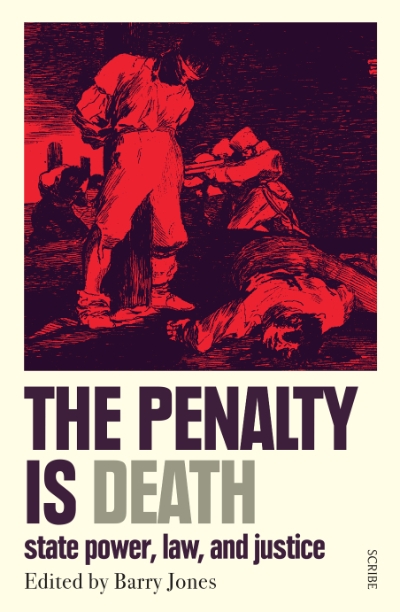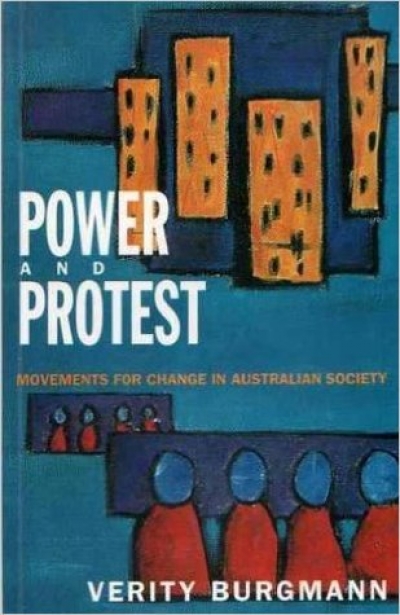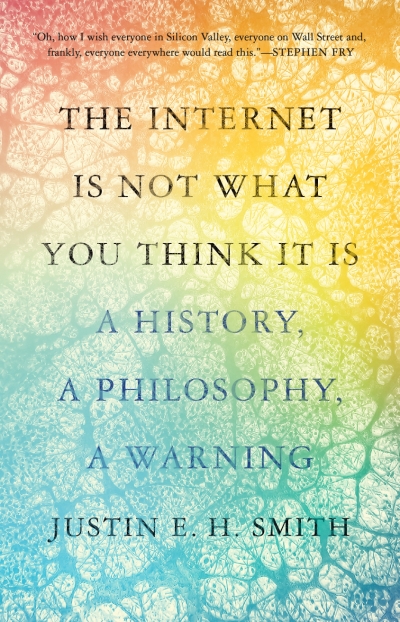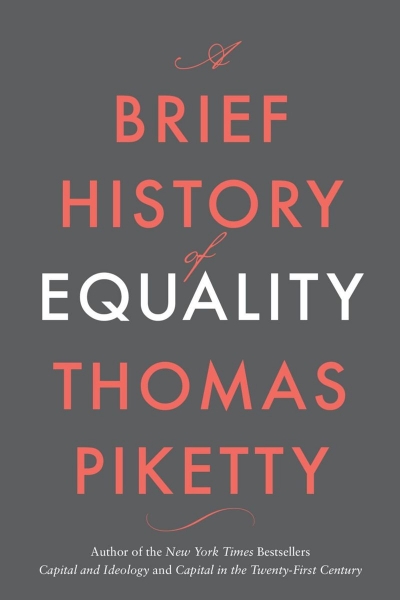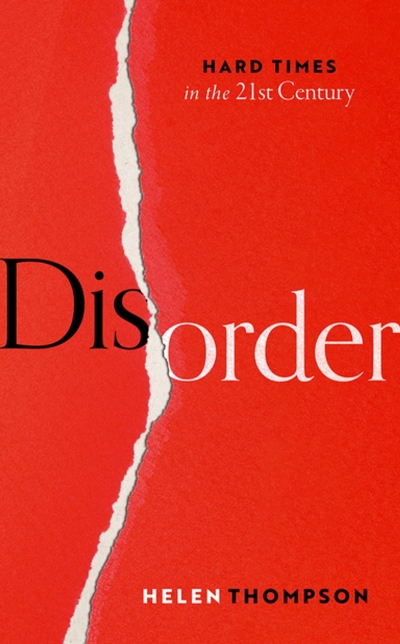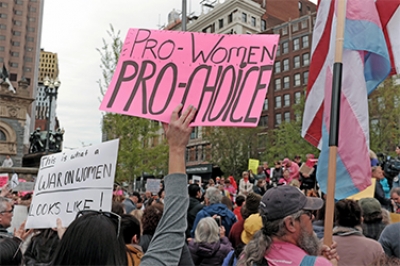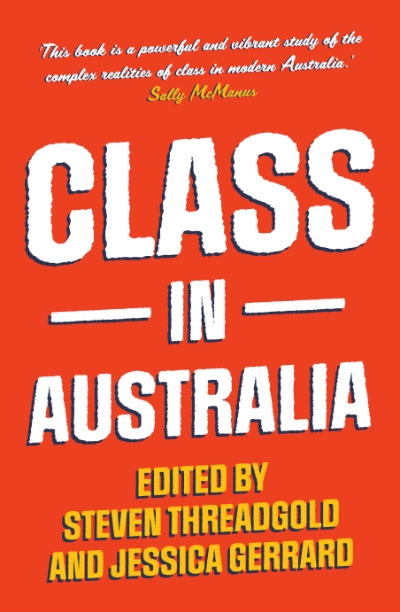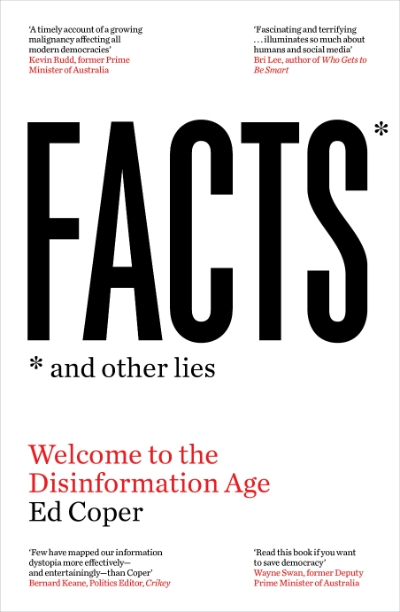Society
The Idea of Australia: A search for the soul of the nation by Julianne Schultz
A new monarch succeeded the day I sat down to write this review about the idea of Australia. Prime Minister Albanese, in a blessedly unpoliticised speech about Elizabeth II’s death, was direct in announcing that he and the governor-general would be heading to London, ‘where we will meet the king’.
... (read more)The Penalty Is Death: State power, law, and justice edited by Barry Jones
In 1968, Barry Jones edited, and contributed to, the first edition of The Penalty Is Death. The book was produced in the immediate aftermath of the execution of Ronald Ryan in Victoria in February 1967, and in the context of vigorous debates in Australia and other Western countries as to the retention of the death penalty. The second edition, published to commemorate the hundredth anniversary of the abolition of the death penalty in Queensland, arrives in a very different world. A majority of countries are now either abolitionist in law, or have in place an express or de facto moratorium against execution.
... (read more)Good International Citizenship: The case for decency by Gareth Evans
Over the course of a long and distinguished public life, Gareth Evans has held fast to his conviction that as individuals aspire to personal decency and moral behaviour, the same should be replicated among nations. As a foreign minister and an author, and in his international organisations and academic roles, Evans has consistently advocated ‘good international citizenship’. Care for our common humanity he sees as both a moral imperative and a national interest.
... (read more)Power and Protest: Movements for change in Australian society by Verity Burgmann
Verity Burgmann’s Power and Protest is an evocation of the major social movements that have arisen and thrived in Australia since the late 1960s, the black, women’s, lesbian and gay, peace and green movements. The writer is a well-known historian of Australian radicalism as well as a political scientist, and in combining history and politics she joins other social scientists such as Terry Irving, Judith Brett, James Walter, Murray Goot – an interesting tradition. In each chapter she offers an evocation of the various movements, outlining origins, developments, aspects, divisions, conflicts, difficulties, dilemmas, successes, achievements, as well as the opposition and resistance to these movements in the wider society. Burgmann writes with ease and energy, often with enjoyable irony and sarcasm. I liked her reference to Kate Millett’s Sexual Politics (1970) as ‘ovarious’. Power and Protest is entertaining as well as clear, and will surely prove indispensable for teaching.
... (read more)The Internet Is Not What You Think It Is: A history, a philosophy, a warning by Justin E.H. Smith
A dubious privilege of belonging to Generation X is that your life straddles the period during which the internet went from being science fiction to settled fact of life. Take, for example, Justin Smith, the American-born, University of Paris-based historian of philosophy and science, a professor who turns fifty this year. He started out on dial-up message boards in the 1980s, saw his first HTML web page in the 1990s, and now maintains a well-regarded Substack newsletter, where, in between meditations on the historical ontology of depression and the metaphysics of onomastics, he writes with a subtle eye regarding online culture in all its manifestations.
... (read more)A Brief History of Equality by Thomas Piketty, translated by Steven Rendall
Capital in the Twenty-First Century (2013), by French economist Thomas Piketty, is wholly unlike Sally Rooney’s Normal People (2018) bar one telling, if esoteric, similarity. For a period of time during the 2010s, being seen with the book mattered more than having read it. Ed Miliband, former leader of the British Labour Party, boasted that he had not progressed beyond the first chapter. WIRED reported that the five most highlighted passages on Kindle were in the book’s first twenty-six pages.
... (read more)‘It’s a media beat-up,’ our Brooklyn Airbnb host assured me as we chatted on the doorstep one sparkling autumn afternoon in early November 2016. ‘They need to make it seem like a contest or there’ll be no story.’ It would have been rude for me, as an outsider, to demur. I bumped into him once more, ashen-faced the following morning, after Pennsylvania had finally swung to Donald J. Trump, delivering him the presidency. Our conversation was brief; his sense of disorientation palpable.
... (read more)I performed my first abortion when I was twenty-five years old. I didn’t want to: I had seen abortions performed before and knew the procedure was messy and brutal. The women were lightly anaesthetised, unparalysed, not intubated. Sometimes a woman would twitch, even flinch, under the anaesthesia as her cervix was dilated and her uterus evacuated. I wondered if any of the women knew in a visceral sense what was being done to their bodies. Being pregnant, and then not; afraid, and then less so, the immediate problem solved, the deeper concerns of poverty and violence left untouched by my team. I would see them afterwards. No complications. No, you don’t need to pay. Yes, you can go. By the way, would you like a script for the pill?
... (read more)Class in Australia edited by Steven Threadgold and Jessica Gerrard
To contemplate class in Australia is to be confronted immediately by paradox. Australia has over the past forty years become much more unequal, and yet those institutions formed to contest class inequality – the trade unions and the Labor Party – have become weaker and less militant. The labour movement has largely avoided a language of class as divisive and old-fashioned, and yet right-wing propagandists have successfully deployed a rhetoric of ‘battlers’, ‘aspirationals’, and ‘élites’ to draw support and win elections. The university system has been transformed, so that its leadership is akin to a corporate class of ‘change agents’ and much of its workforce is insecurely employed. Within the halls of learning, class analysis has not for some time been an area of vigorous research; in the humanities and social sciences, the action (and the research funding) has long been elsewhere.
... (read more)Facts and Other Lies: Welcome to the disinformation age by Ed Coper
On 9 March 2022, Russian forces at war in Ukraine bombed a maternity hospital in the city of Mariupol, killing three and injuring seventeen. In a confused response to international condemnation, Russia denied responsibility, designating these denunciations ‘information terrorism’ and ‘fake news’.
... (read more)

